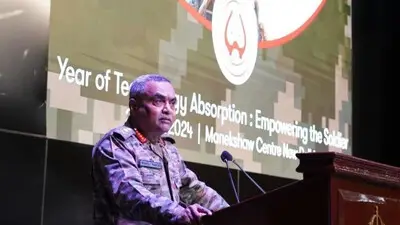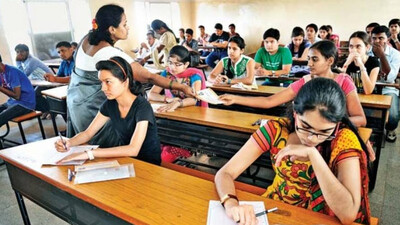Recommended Stories
Washington: On the instructions of ISI, David Headley masqueraded as a tourist interested in angling, taking fishing boats into the waters off Mumbai to identify a suitable landing site for LeT terrorists, who months later created mayhem in India`s financial capital.
"Yes," Headley said when asked by the defense attorney whether he was trained by the ISI to carry out surveillance of the landing site where the LeT men were to ultimately land through sea in November 2008.
"Mainly Major Iqbal was training you on how to pick a good landing site?," the defense attorney asked.
"Yes. And also with Sajid (Mir), but mainly with Major Iqbal," the Pakistani-American LeT operative said.
"Major Iqbal knew what a good landing site would have in it, correct?" the attorney asked. "Yes," he responded.
In fact, Headley used fishing boats to figure out the navigational hazards and find out how easy it would be to come in and out of the harbour and also carried GPS to put on the waypoints.
"So when you came in, you were looking around, set up video camera, coming down to see a fishing village or something like that, correct?" the attorney asked.
"Correct," said the 50-year-old 26/11 accused.
"And careful part on it -- you became a tourist who had an interest in fishing?," he was asked, to which he said `yes`.
While he went out on fishing boats, Headley took a GPS with with him to put in the waypoints.
"Fishermen tend to take pretty much the same route out, don`t they?" the attorney asked.
"Yes, they do," Headley replied.
"So if a fishing vessel was coming in and it had the waypoints, it would be on track?" he was asked.
"Yes," he said.
"We do this every day, we`re not going to hit a rock," the attorney asked. "Right," he answered.
"So that was extremely important?" the attorney said.
"Yes," said Headley.
"And again, you were posing as a tourist?" the attorney asked again. "Yes," Headley replied.
Headley also informed the court that in April of 2007 he stayed with his second wife Faiza at the Taj so that he can safely take pictures of the hotel from inside and in doing so no one could identify him or have any suspicious.
During their stay at the Taj, Faiza dressed like a Muslim, he told the court in response to a question.
When asked by the defense attorney as to why his wife dressed up like a Muslim, while he went there as an western tourist so that no one suspect him, Headley conceded that he was a bit careless.
"But definitely I was being careless, and I just kept it confined to the Taj area," he said.
During the grilling he conceded that he took videos of the iconic Taj Hotel many times, all of which were passed on to his ISI and Lashkar handlers in Pakistan.
Headley told the 12-member jury of the Chicago court that in April 2007, Taj was the primary target of the terrorist attack but this was not very clear to him.
"Well, the Taj was the primary target," the attorney asked. "Yes," he said.
"Especially in `07, right?" the attorney asked.
"Yes," he said.
"There was no other target?," the attorney said.
"Right," he said.
Headley, however, later clarified before the court.
that in April of `07, "it was not clear to me that the Taj was going to be a target that would be attacked. It was just that it was certain meetings took place, and they wanted me to make video of it".
"So you`re at the Taj Mahal with your Muslim wife," the attorney said. "Yes," Headley said.
"But it didn`t blow your cover. It didn`t blow your cover. Did it?" the attorney asked. "No," he said.
"Because you`re there as a tourist," the attorney said. "Right," he answered.
Headley told the court that after each of his India trip he went back to Pakistan and briefed Major Iqbal. The meetings always took place at a safe house in Lahore.
Before the meeting they talked over cell phone.
"How long would the briefing take?" the defense attorney asked.
"Couple hours. Hour and a half," Headley responded, adding that there were multiple visits.
He said after briefing Major Iqbal, he would meet Sajid Mir, the Lashkar leader, and brief him too.
This drill was repeated every time he went to Pakistan from India.












